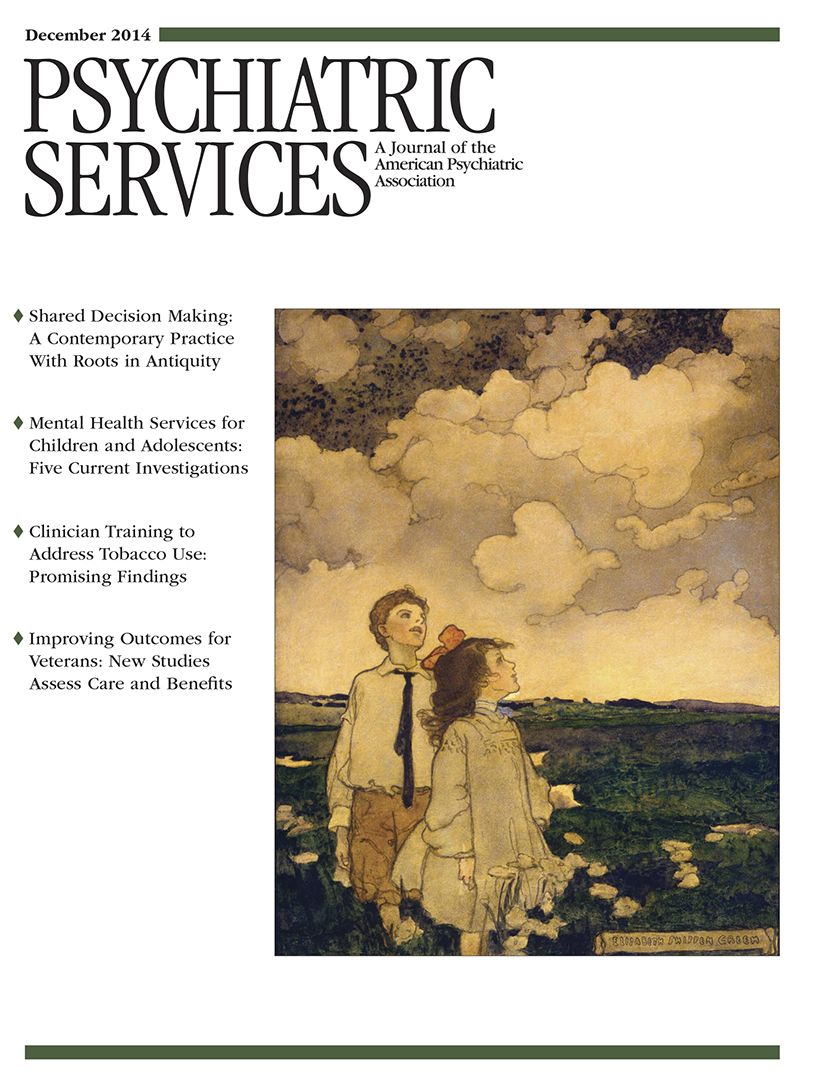Work-Related Discrimination and Change in Self-Stigma Among People With Mental Illness During Supported Employment
Abstract
Objective:
The relationship of work-related discrimination to the change in self-stigma and stigma stress was assessed among supported employment participants in Switzerland.
Methods:
Self-stigma and the cognitive appraisal of mental illness stigma as a stressor were measured at baseline among supported employment participants (N=116). These variables and work-related discrimination in the past year were assessed one year later (N=96).
Results:
Compared with participants who did not find employment (N=30), those who worked without experiencing discrimination (N=25) had lower levels of self-stigma and stigma stress at one year. Among those who worked and reported work-related discrimination (N=38), these measures did not decrease significantly.
Conclusions:
Experiencing discrimination at work may determine whether employment has positive effects in terms of self-stigma and stigma stress among individuals with mental illness. Interventions to reduce discrimination in work settings and to improve coping resources of these individuals could augment the positive effects of supported employment.



